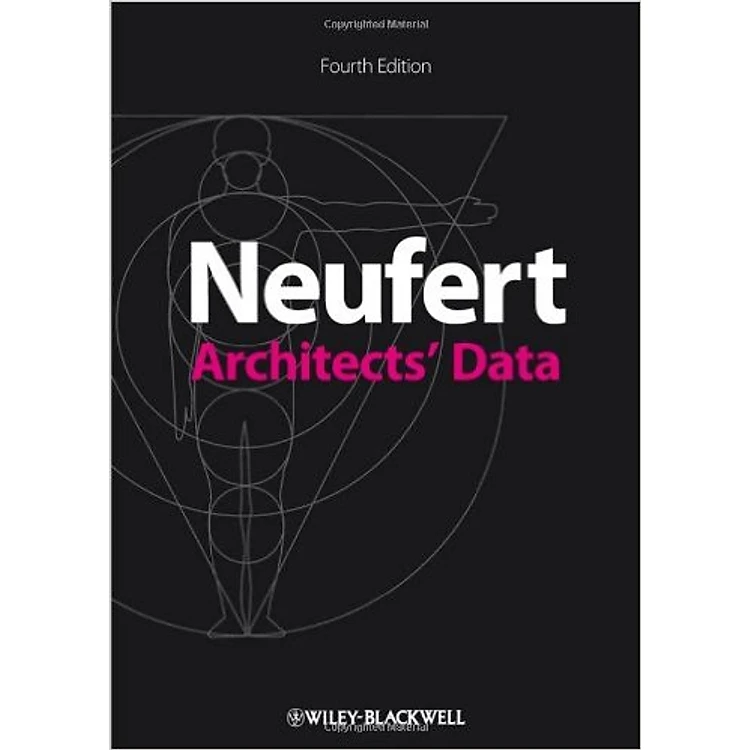Description
Thông tin chi tiết về Drama Stories Of China
| SKU | 8371344297756 |
Main Content
Chinese classic stories have inherited and passed on the abundant historic treasury of the Chinese nation that has been accumulated over several thousand years, mirroring the politics, military affairs, culture, folk customs, prevailing moral practices, ideals and interests of ancient China. Through those stories, people can gain an understanding of China’s long history and achieve an insight into the profound historical origins of Chinese culture.We have identified stories from the vast number of Chinese classic stories, and complied them into this collection. All stories are illustrated in concise words and expressions, and vivid pictures, which will help the process of reading enjoyable. The series of Classic Stories of China comprises nine books: Scenic Spots Stories, History Stories, Myths Stories, Wisdom Stories, Folk Customs Stories, Ancient Fables, Folk Tales, Idiom Stories, Drama Stories. May those books be your good teacher and helpful friends in learning Chinese culture.
Catalog
CONTENTS
The Romance of the Western Chamber
Dou E Meets Injustice
The Orphan of the Zhao Family
The Peony Pavilion
Peach Blossom Fan
The Palace of Eternal Youth
Digest
The Orphan of the Zhao Family
Originally written by Ji Junxiang, Yuan Dynasty (1271-1368)
This story happened during the Spring and Autumn Period (770 BC-476 BC). At that time, several states lived side by side. One of these states was called Jin, and Jin Emperor Linggong was a fatuous and self-indulgent ruler. In the Jin State, there were two senior officials. One was called Zhao Dun, a loyal civil official. The other was Tu Angu, a treacherous military leader. The two did not get along with each other. Tu Angu flattered the emperor and gained his trust. However, Zhao Dun’s son married the princess which made Tu Angu very jealous. Tu Angu held a serious grudge against his rival and wanted to kill him.
Tu Angu hired an assassin to kill Zhao Dun but he failed. Undaunted the treacherous military leader came up with an even more malicious idea. He kept a fierce mastiff in his yard, and starved the animal for a long time. Then, he had a straw man dressed in purple court robe made to resemble Zhao Dun. He stuffed some sheep intestines in its chest. After being starved for several days, the mastiff jumped on the straw man and tore it to shreds to get to the food. The same thing happened a number of times and quickly the dog became conditioned to attack when it saw any figure in the purple silk of government officials. Ready for the next stage of his plan, Tu Angu told the emperor that there was someone who was not loyal to him in his government and he could help to find out the traitor with his mastiff who had been trained to scent treachery. Hearing this, the emperor called all his senior officials together immediately and let Tu Angu bring out the mastiff. The mastiff had been starved for many days and when it saw Zhao Dun in his purple court robe, it jumped on him at once. The official beside him was quick and strong enough to dash out the mastiff’s brains and save the life of Zhao Dun.
Zhao Dun rushed out of the hall and went back home. However, Tu Angu had brought a group of soldiers and surrounded his house. They killed Zhao’s family as well as his servants – everyone except Zhao Shuo. Since Zhao Shuo was the emperor’s son-inlaw, Tu Angu dared not act too rashly. So, he delivered a false imperial edict which called on Zhao Shuo to kill himself.
Knowing that the people of his family were all dead, Zhao Shuo realized that Tu Angu would not let him go. Therefore, he told his wife, “Tu Angu has killed everyone in my family except me. He won’t let me go. But you are the princess and he dare not kill you. Now you are pregnant and you have to take good care of yourself. If we have a son, you must tell him to revenge my family when he grows up.”
The princess nodded her assent as she choked back her sobs. At this moment, a solider sent by Tu Angu brought the forged edict from the emperor, ordering Zhao Shuo to kill himself and ordering the princess to remain in the house and never return to the palace. Zhao Shuo had no choice but to say a tearful goodbye to his wife and then he killed himself with a sword.
Sad and frightened, the princess gave premature birth to a son. Hearing this news, Tu Angu thought that the infant could be trouble for him in the future. So, he sent a general named Han Jue to guard her house and interrogate all people coming in and out.
As time went by, the infant grew to be one month old and the princess worried that Tu Angu would try to kill the infant. So, she decided to entrust her son to a reliable person. One day, she pretended to be ill and called for a doctor.
The doctor’s name was Cheng Ying. He was honest and wise. Zhao Shuo knew him very well and he had provided advice and guidance to him for many years. He was not a member of the Zhao family and thus, he had survived the massacre.
Cheng Ying came to see the princess with his medicine-chest. She said to him, “I know that you are loyal to the Zhao family. Now, they are all dead except this orphan. Could you manage to take him out of danger here and bring him up? He must live in order to exact revenge for the Zhao family.”
Cheng Ying promised that he would do as she asked. The princess then went back to her room, closed the door and committed suicide. After a while, Cheng Ying found that the princess was dead. He felt very sad as he put the infant into the medicine chest and left.
……
Preface
Preface
Traditional drama involves the literature, music, dance, fine arts, martial art, acrobatics and factors of various kinds of performing art. Originated from working songs and dances in the pre-Qin period in 221 BC, it was brought onto the stage in the middle and later period of the Tang Dynasty (618-907), experienced impressive development in the Song Dynasty (960-1279), and became mature in the Yuan Dynasty (1271-1368). The poetic dramas of the Yuan Dynasty marked its maturity. Major representative writers include Guan Hanqing, Wang Shifu and Ma Zhiyuan. In the ensuing dynasties of the Ming (1368-1644) and Qing (1644-1911), the traditional Chinese drama flourished, with Kong Shangren, Tang Xianzu, Hong Sheng and some others churning out a lot of outstanding works, which still enjoy great popularity today.
All the six drama stories included in this book are renowned ones produced during the Yuan (1271-1368), Ming (1368-1644) and Qing (1644-1911) periods. They are expected to help readers gain some knowledge about the traditional Chinese drama.
Illustration

























Reviews
Clear filtersThere are no reviews yet.